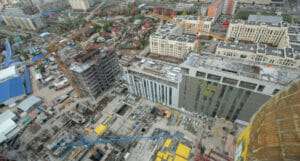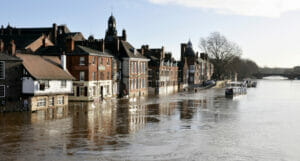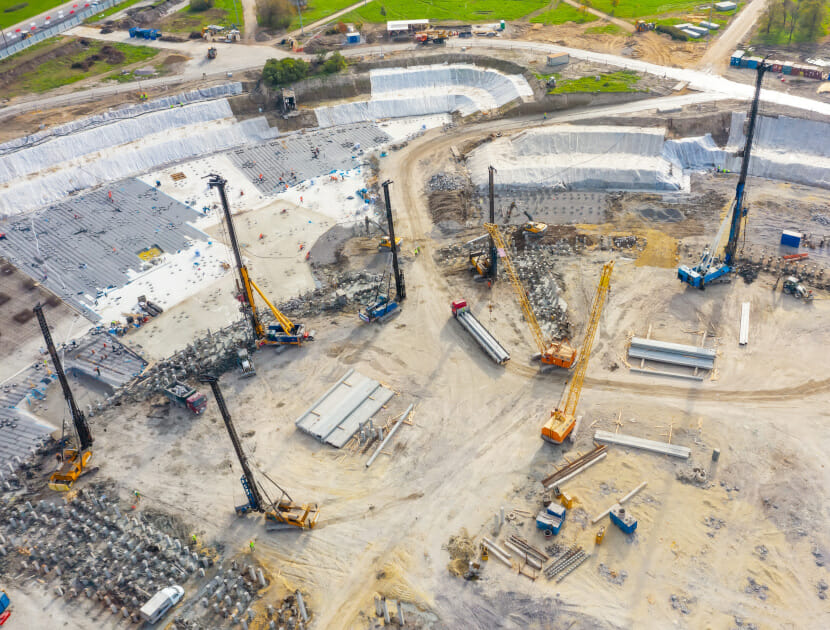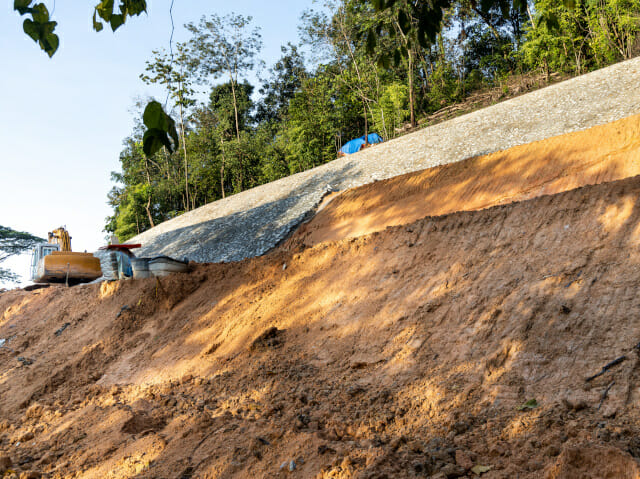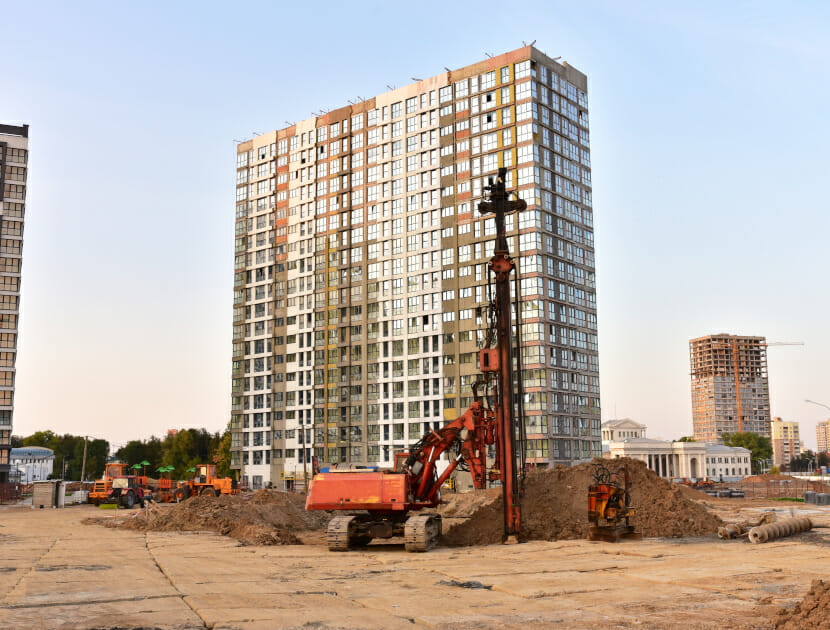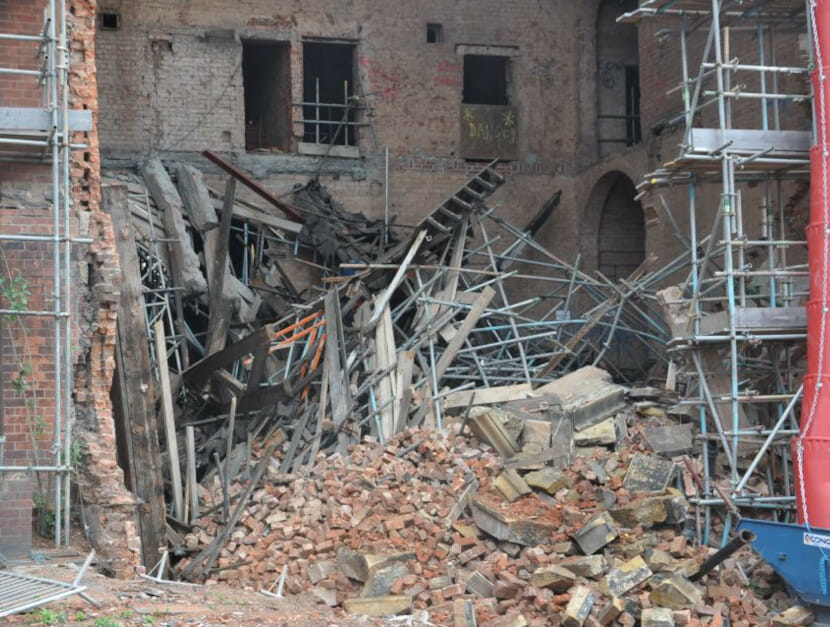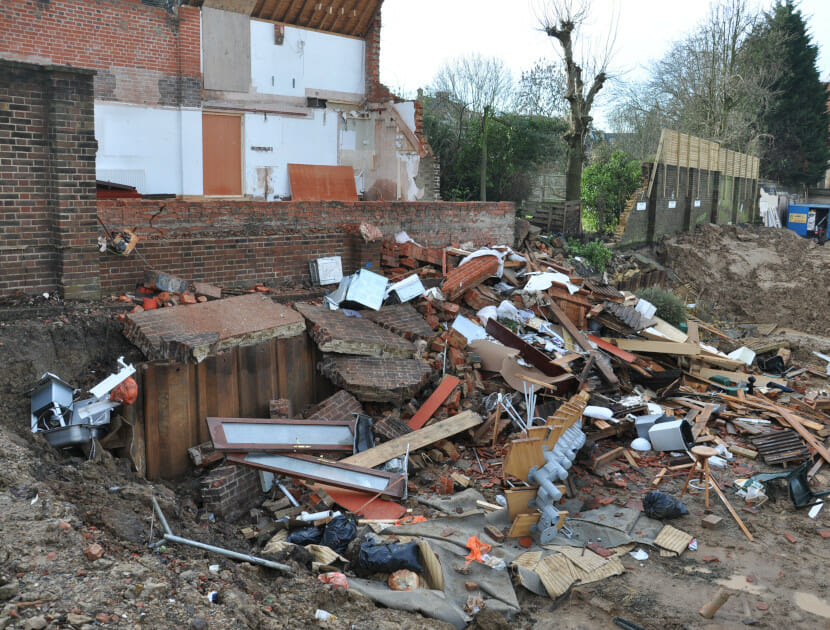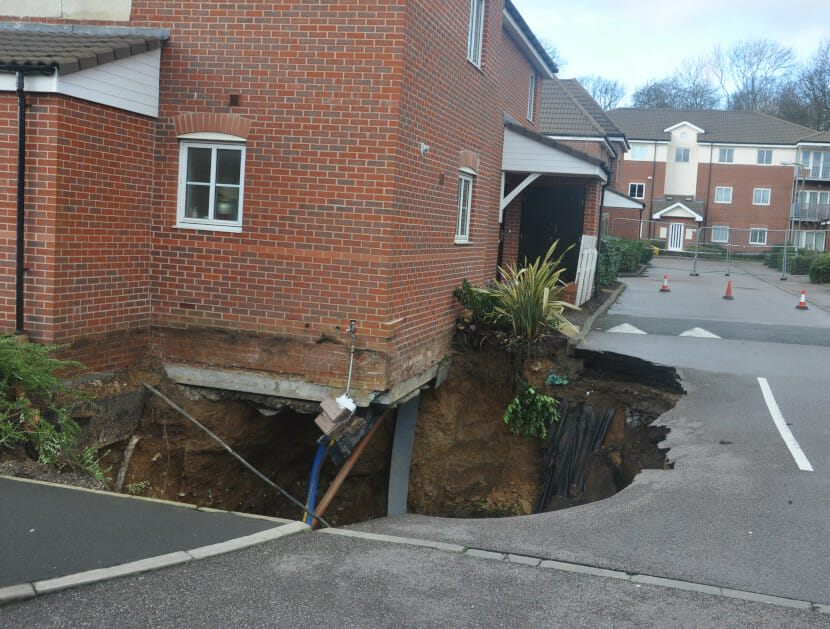Geotechnical Engineering
Geotechnical engineering is the branch of civil engineering that deals with soil, rock, underground water, and their relation to the design, construction, and operation of engineering projects. Nearly all civil engineering projects must be supported by the ground, and thus require at least some geotechnical engineering.
WHY APPOINT A FORENSIC GEOTECHNICAL ENGINEER?
Forensic geotechnical engineering is the investigation of geotechnical materials, and structures that fail or do not function as intended, resulting in personal injury or property loss. Typical geotechnical structures include retaining walls, shallow foundations, piles and slopes.
Our team includes chartered civil and geotechnical engineers, registered professional geotechnical engineers and chartered geologists.
- To handle the variety of ground-related cases, we offer broad expertise in geotechnical engineering, geology and engineering geology.
- To handle the complexity of ground-related cases our experts have years of experience in the design of such structures and in their failure investigation, including geotechnical back-analysis, post-incident remediation and mitigation design.
- We also have the full range of civil and structural engineers and hydrologists to work closely with our geotechnical experts where cases require a multi-disciplinary approach.
- Hawkins also provides in-depth third-party review, pre-loss risk assessment, project consulting and expert witness services for the insurance, construction and legal industries.
As well as failure investigation, Hawkins geotechnical engineers can provide pre-failure risk assessment and post-failure remedial advice.
- We can review your designs and method statements to provide confidence in their suitability, including in their compliance with CDM regulations, to prevent failures occurring in the first place.
- We can visit your live sites to advise on health and safety matters and identify potential hazards.
- If you have suffered a loss, we can review the mitigation works and designs to ensure the failure does not re-occur.
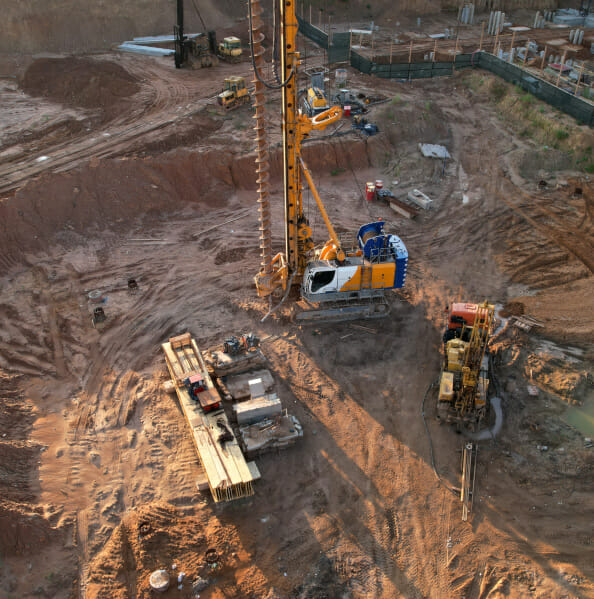
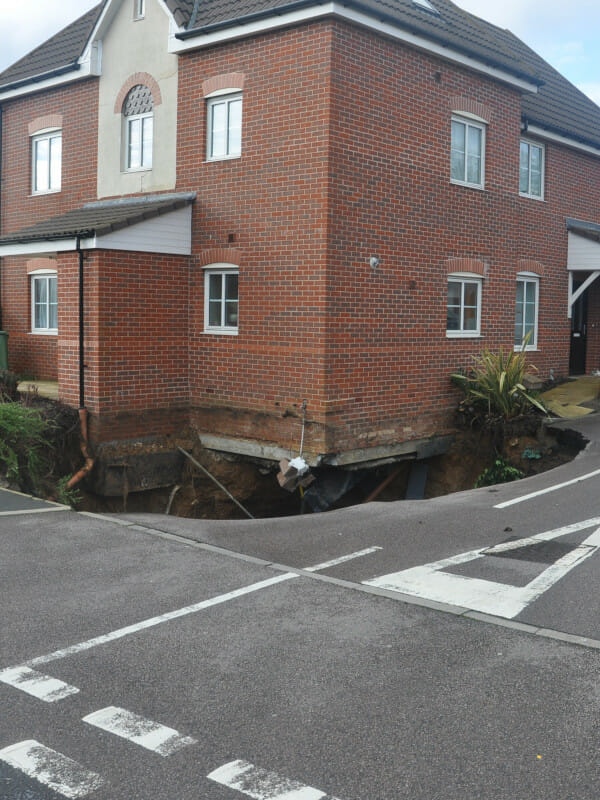

Examples of Typical cases
If you would like to know if we can help, please fill out our enquiry form or give us a call for a free consultation. The list below provides a few examples of cases which we investigate regularly or have investigated in the past.
- Failures of reinforced slopes and retaining walls
- Failure of foundations and piles
- Failure of temporary works and excavation supports
- Vibration damage to buildings due to neighbouring construction works
- Ground subsidence affecting buildings and structures
- Water ingress into properties and excavation sites including basements
- Sinkholes and landslides
- Tunnelling works causing movement or collapse of structures above
- Defects in ground improvement works
HOW WE INVESTIGATE GEOTECHNICAL MATERIALS AND STRUCTURE FAILURES
Our geotechnical experts use our training and experience combined with the latest technology to carry out investigations and our capabilities include:
- Evidence/data collection (including UAV and LiDAR scanner)
- Pre- and post-construction condition surveys
- Interpretation of site investigations (including laboratory and field tests)
- Site and subsurface characterization
- Failure back-analysis (including finite element analysis)
- Planning, monitoring and evaluation of geotechnical and structural instrumentations
- Assessment of damage to structures and infrastructure
- Act as a third-party reviewer to communicate technical issues to interested parties (i.e., owners, contractors, insurance adjusters, regulatory agencies)
- Development of repair recommendations
SPEAK TO ONE OF OUR EXPERTS
Related areas of expertise
Civil & Structural Engineering
Whether it is a subsiding foundation, a collapsing structure or a flooding drainage system, it can be hard to understand at first glance what part of a large system has gone wrong.
Flooding & Hydrology
Flooding is the most significant disaster risk in the UK. Flooding is estimated to cost the economy about £1 billion per year. More frequent, more intense storms resulting from climate change, and inappropriate developments in floodplains will put more people and property at risk in the future and will increase the impact of flooding. It is projected that the annual cost of flooding could be up to four times higher by the end of the century.

